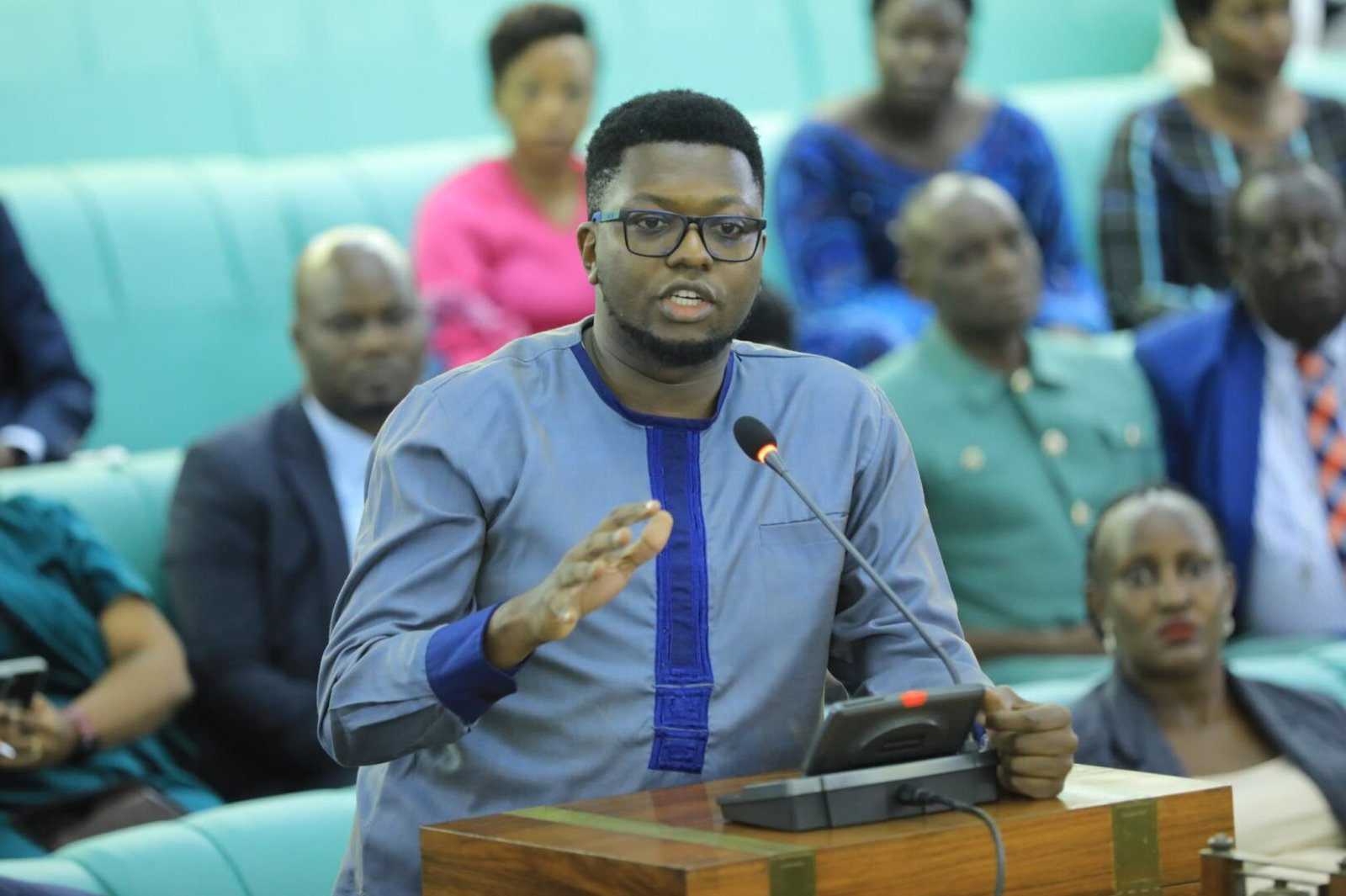KAMPALA, Uganda — When Makindye East Member of Parliament Derrick Nyeko announced on Tuesday morning that he would not be seeking re-election in 2026, the news was met with both surprise and an eerie sense of familiarity.
Once again, the Kampala suburb is on course to change its parliamentary representative, continuing a unique political trend that has seen it become a “one-term constituency.”
In a public statement, Nyeko, who was elected in 2021 on the National Unity Platform (NUP) ticket, wrote: “It is with a heart full of joy that I have served you with honour, respect, and a deep commitment never to betray the trust of your vote.”
He added that after “deep reflection,” he had made “the difficult decision not to offer myself for election in the coming polls.”
Nyeko’s decision places him squarely in a long-standing Makindye East tradition.
Since 1996, every elected representative except Michael Mabikke has served only a single term—some defeated at the polls, others mired in scandal, and a few, like Nyeko, leaving by choice.
His exit was widely anticipated to be a matter of “when, not if,” as he faced mounting pressure from both within his party and from outside political opponents.
He had also been drawn into public altercations, including over issues related to his ethnic background.
A political graveyard for incumbents
Makindye East’s reputation as a “revolving-door” constituency began in the late 1990s with Benedict Mutyaba, whose single term ended amid allegations of poor oversight and a lack of delivery.
He was followed by Michael Mabikke, who won in 2001, but whose political career faltered after he ran for the Lord Mayor’s office in 2011.
In the 2011 election, John Ssimbwa of the NRM party secured the seat, largely due to a fragmented opposition vote. However, voter fatigue with the ruling party led to his defeat after just one term.
His successor, Ibrahim Kasozi of the Forum for Democratic Change (FDC), also served a single term before being unseated by the “red wave” that propelled Nyeko to victory in 2021.
The case of Derrick Nyeko
Nyeko’s 2021 win was hailed as part of a generational shift in politics. Young, energetic, and vocal on national issues, he was initially embraced by many residents who hoped for change. However, the tide quickly turned.
By early 2025, Nyeko was facing mounting criticism from some within his own party and among his constituents. Viral videos showed him being heckled and chased away during a visit to the constituency, with residents accusing him of disappearing after taking office.
“Where were you when we needed you?” one elderly woman reportedly shouted as a crowd surrounded his convoy earlier this year.
Also Read: MP Nyeko accuses Mao of spreading ‘fake news’ on civilian military trials
Nyeko’s exit now places him in the Makindye East tradition: entering with promise, and exiting after just one term.
Why the one-term curse?
The high turnover in Makindye East is attributed to several multi-layered factors:
- Sky-High Expectations: As an urban, politically conscious electorate, Makindye East voters demand quick and visible results, often expecting their MPs to deliver services that fall outside their legislative mandate. Failure to do so invites swift retribution at the polls.
- Party Politics Over Personalities: Voter choices in the constituency often reflect national political moods. Ssimbwa’s victory rode on opposition division, while Nyeko’s success came on the back of NUP’s meteoric rise. This means MPs are often passengers on a party wave and can be discarded when the political tide turns.
- Internal Rivalries: The seat is highly coveted, and internal party challenges often undermine incumbents. Within the NUP, for example, rising figures like Muhammad Wasswa Mwanje have already declared their intention to take the seat, citing Nyeko’s underperformance.
- Disconnection from the Grassroots: Many former MPs have been accused of “vanishing” after being elected—a fatal misstep in a community that prizes visibility and accountability.
What’s next for Makindye East?
As the 2026 election looms, a new contest is already taking shape. The Democratic Party (DP) has declared Beatrice Mao, the wife of Minister Norbert Mao, as its flag bearer. The NUP is fielding several strong contenders in its primaries, and the FDC is reportedly eyeing a comeback.
With Nyeko’s departure, the seat is wide open once again. The question remains: Will Makindye East finally break the one-term cycle, or will another fresh face rise, only to fall five years later? For now, the only certainty in Makindye East is change.

